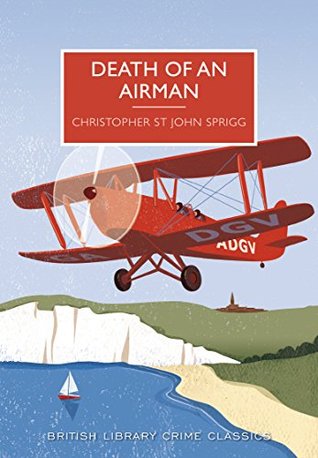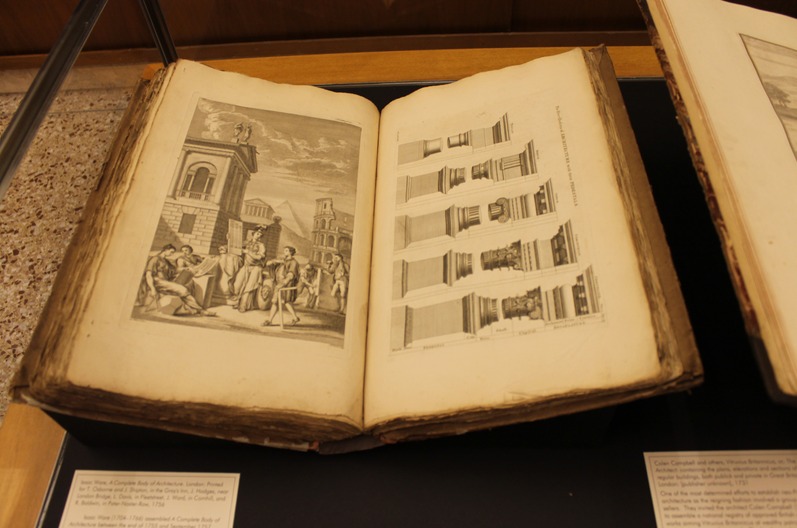and, of course, the Deal Me In story.
 |
| “Deal Me In 2017!” |
The card this week is the two of hearts which turned out to be impossible to use to illustrate the story of isolation, abuse, and anger that was somewhat randomly assigned to it when I set up my roster. So here's the story and the collection that contains it.
The Pedersen Kid by William H. Gass (in In the Heart of the Heart of the Country, and Other Stories)
 Wow! This story left me more confused than anything I've read so far this year. And that's saying something since I'm currently reading Ricardo Fresán's thoroughly confusing The Invented Part.
Wow! This story left me more confused than anything I've read so far this year. And that's saying something since I'm currently reading Ricardo Fresán's thoroughly confusing The Invented Part.So to help me figure out just what happened in this story (or find out if I missed something) I searched for some commentary on it. Here are a couple of things I found, both pretty thorough and both convinced me that I actually "got" the story.
Let Me Make a Snowman: John Gardner, William Gass, and “The Pedersen Kid” by Nick Ripatrazone
The True Intruder in William H. Gass’s “The Pedersen Kid” by Ted Morrissey
Then I reread it for the writing: the amazing complex sentences that often lead to surprises; the sometimes devastating character descriptions; and the poetic, masterful prose.
I followed up by reading the other four stories in the collection: Mrs. Mean, Icicles, Order of Insects, and the title story. The Pedersen Kid appealed to me because of the interactions among the characters and its puzzling aspects. The title story had the richest language and was spot on in its descriptions of a dinky town. Mrs. Mean was, well, mean with a passel of (justifiably) ill behaved children and odd-ball neighbors (including the narrator). Icicles was cold and lonely. Order of Insects about a housewife and her fascination with an infestation of bugs was my least favorite.
The card: Can I find a Two of Hearts that fits a post modern story about a strange journey in the icy cold of North Dakota? Not really. But I did find an interesting deck.
MADDECK Playing Cards By Ozlem Olcer. "a series of playing cards which feature cubist illustrations..... The deck was created for PAG, an Istanbul based design company developing projects and manufacturing products in collaboration with graphic artists and illustrators."
"The name Maddeck - short for ‘Magicians, Astronauts & Dancers’ - is given after the first 3 dream jobs of the designer as a child."
The two of hearts is typical of the number cards in the deck, but the face cards are quite different in design--almost as if they are from a different deck.
more reading from my shelves....

Two Lines 23, by C.J. Evans (editor) The Fall 2015 edition of this bimonthly journal of The Center for the Art of Translation. It has fiction and poetry translated into English from eleven different languages. My favorite from this issue is The Piper by Yoko Tawada; translated from Japanese by Margaret Mitsutani. It is a retelling of the legend of The Pied Piper of Hamelin told from several points of view. The author is a Japanese writer currently living in Germany. She writes in both Japanese and German. Here is a link to the full Table of Contents for this issue.
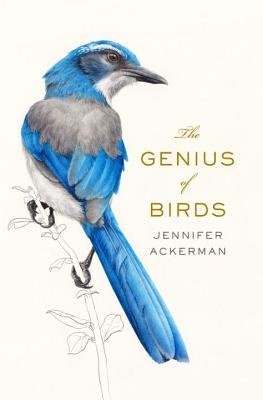 The Genius of Birds by Jennifer Ackerman
The Genius of Birds by Jennifer Ackerman An interesting survey of recent worldwide research in ornithology with particular attention to the function of the brains of birds. Not too technical, she is an entertaining writer.
Advance review copy.
Coincidentally, I ran across this online article Power to the Bower: A Bird’s Architectural Method of Seduction by Osman Bari. Bowerbird (family Ptilonorhynchidae) building habits is one of the topics Ackerman discusses.

The Reader by Bernhard Schlink; Carol Brown Janeway (Translator)
Coming of age in Post World War 2 Germany. A young man is scarred for life by an inappropriate first affair. In later life he must face the collective guilt of his nation as his former lover is tried for war crimes.
(A library book sale bargain from their clear the tables day-- Five bucks for all the books you can fit in a large paper grocery bag. Yes, sir, yes, sir, two bags full.)
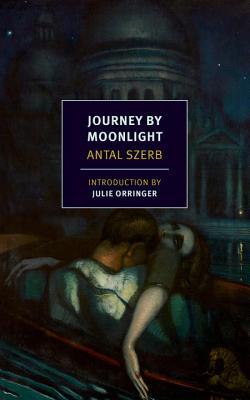
Journey by Moonlight by Antal Szerb, Len Rix (Translation)
A Hungarian on his honeymoon in Italy leaves his wife and wanders off perhaps to find some companions from his lost youth. Or maybe he's trying to escape the bourgeois life that is closing in on him. While he slinks around Italy (ending up in Rome) his abandoned wife joins a friend in Paris and tries to restart her life. All this is set in the period between the two world wars. A good story with lots of angst, strange characters, and touches of wry humor
 What are the Blind Men Dreaming? by Noemi Jaffe, Julia Sanches (Translation), Ellen Elias-Bursać (Translation)
What are the Blind Men Dreaming? by Noemi Jaffe, Julia Sanches (Translation), Ellen Elias-Bursać (Translation) I'll admit to being a bit disappointed when this came with my Deep Vellum subscription in September (2016). I just didn't want to read another concentration camp diary, so I set it aside (for nearly a year). I picked it up the other day and I'm glad I did; it is such a great book. Jaffe presents her mother, Lili Stern's diary which is brief and was not written in the camp. She wrote it immediately after she was liberated and was living in refugee camps in Sweden.
The real strength in the book is the daughter's commentary on the diary. She treats it as a memoir and as a springboard for a discussion on how her mother's ordeal affected her own life. But what I really found valuable was how she expanded the personal and specific into a more general discussion of how human traits and activities survive and are altered by horrific experiences. This is presented in a series of essay style entries on such topics as fate, cold, hunger, love, anger, desire, money, memory, desire, and others. She draws both on her mother's diary and writings of other survivors.
The book finishes with an essay by Jaffe's daughter Leda Cartum on how the legacy reaches into yet another generation.
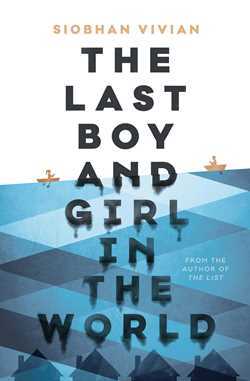
The Last Boy and Girl in the World by Siobhan Vivian
A teenage girl copes with with family, boyfriend, and BFF troubles against the backdrop of a community that must be abandoned because of a new dam. An uneven read. The characters were fairly well drawn. Unfortunately at the end everyone behaved totally out of character. The wrap-up was too simplistic for a complicated situation.
My least favorite read this week, but not a total waste of time.
Advance review copy.
And Only One Library book....
 A Gentleman in Moscow by Amor Towles (Kindle edition)
A Gentleman in Moscow by Amor Towles (Kindle edition)What a great way to survey the history of Communist Russia! This novel begins in 1922 when Count Alexander Rostov is sentenced to house arrest for life--in the elegant Moscow Hotel Metropol and ends in 1954. Although he can't leave the hotel, a cast of interesting characters--hotel employees and guests--keep him well informed about the goings on in the world. Rostov is a charming fellow and this is a charming book.
Shortly after I finished this book I found this delightful art work in The Calvert Journal. Witnesses to history: The turmoil of 1917 captured in children's drawings Text by Samuel Goff; Images taken from the book Moscow, 1917: Drawings by Child Witnesses. From the collection of the State Historical Museum in Moscow.
Other online reads...
Imagining the Future of Suburbia, From “Freedomland” to “McMansion Hell” by Kate Wagner
Georgia wins at Cannes for 6 Millionth Tourist Campaign
A great video from Georgia the country, not the US state.
Come for the Obscure Canadian Sport, Stay for the Buffet by Julie Stauffer
Who knew there is a sport called Crokinole?
The 'Mystery Boats' of Tresco Island essay by Mike Williams.
A bit of British WW2 espionage.








